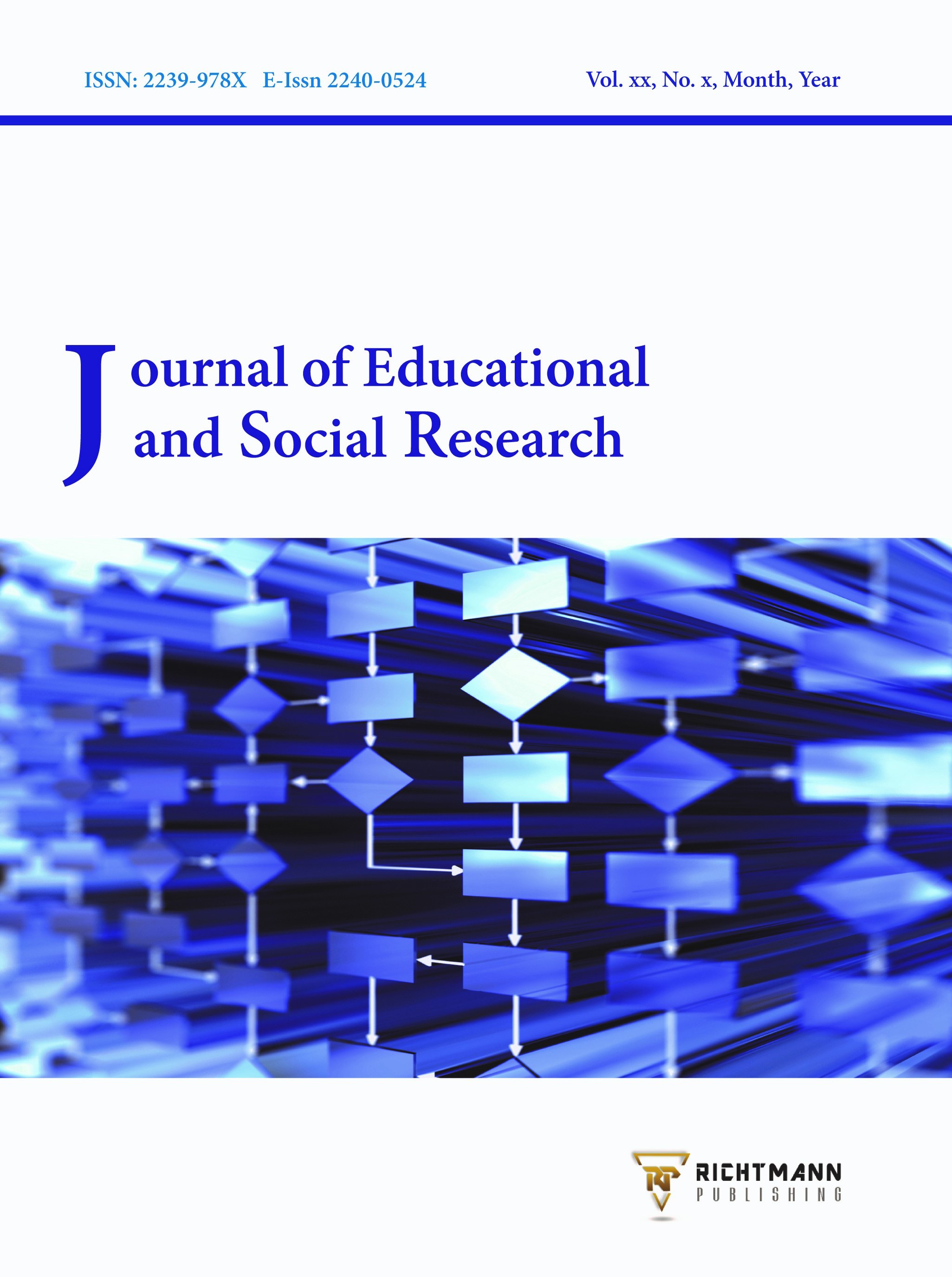Psychological Well-being as a Predictor of Marital Stability among Employed Women in Lagos State, Nigeria
DOI:
https://doi.org/10.36941/jesr-2023-0013Keywords:
marital stability, predictor, psychological well-being, employed womenAbstract
One of the globally acclaimed means of strengthening family relationship is marital stability. It is viewed as a very important n essential element in sustaining the growth of societal and engendering sustainable national development. Globally, marriage as an institution is facing unmatched instability, which is a threat to family life. Some elements have been acknowledged as prognosticators of marital stability. While some have been empirically tested, some are mere theoretical postulations. Therefore, this study explored the degree at which psychological well-being predicts marital stability among women in the study location. The study made use of the survey design. For data collection, a questionnaire form labeled Psychological Well-Being and Marital Stability Scale was use with 540 married female secondary school teachers and married female commercial bank workers randomly selected for the study. One research question and two research hypotheses were raised. Findings revealed a more occurrence of psychological well-being among employed women and a significant influence of psychological well-being on marital stability (R=.184, R2=0.034, F=3.104, p<0.005. in addition, there was no significant difference in participants’ marital stability. Recommendations were made in line with the findings. We concluded that positive relation with others as an indicator of psychological well-being is positively related to marital stability. Also, the 69.8% prevalence of marital stability and 30.2% instability, as shown in the study, calls for public concern.
Received: 15 July 2022 / Accepted:6 December 2022 / Published: 5 January 2023
Downloads
Downloads
Published
Issue
Section
License

This work is licensed under a Creative Commons Attribution-NonCommercial 4.0 International License.
This work is licensed under a Creative Commons Attribution-NonCommercial 4.0 International License.









